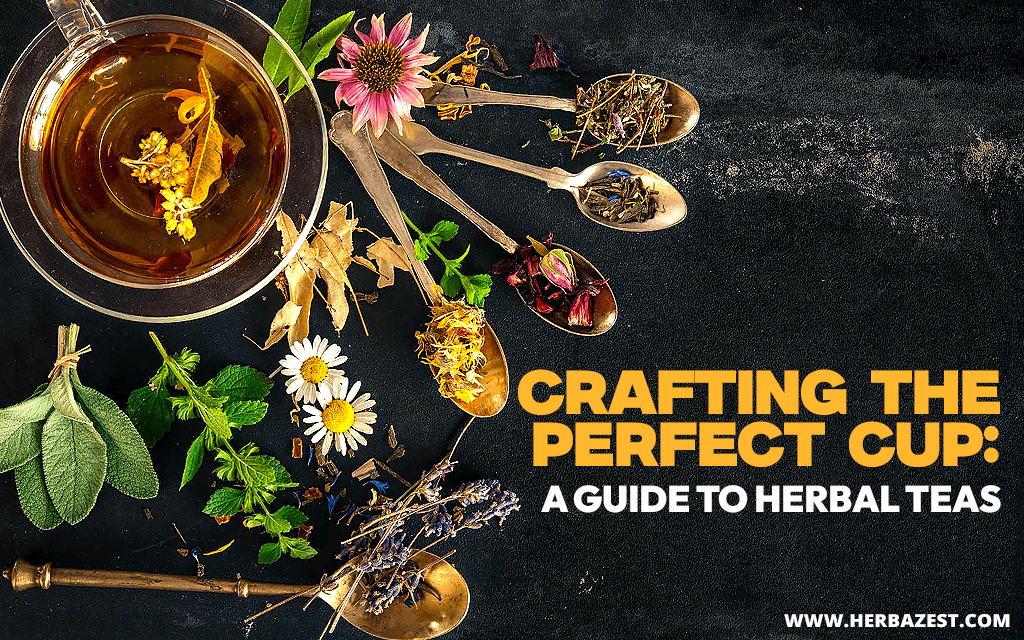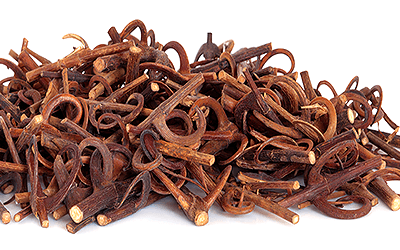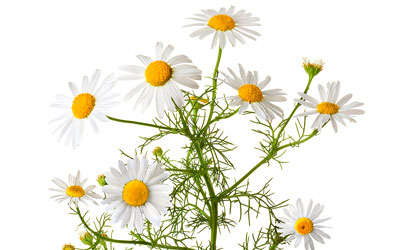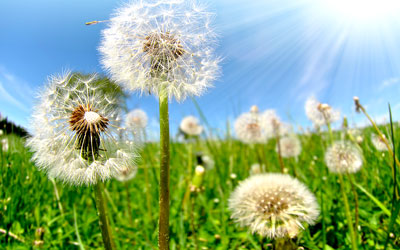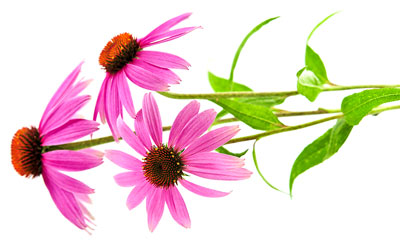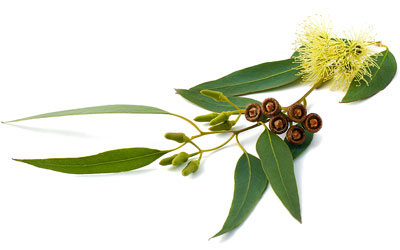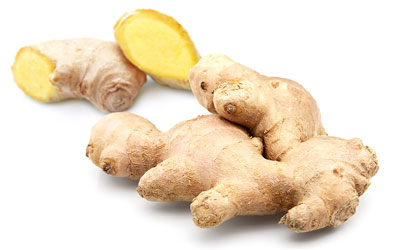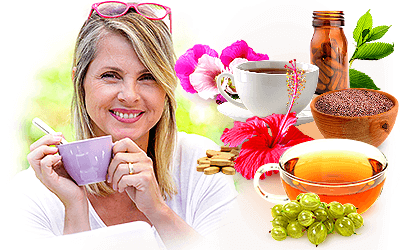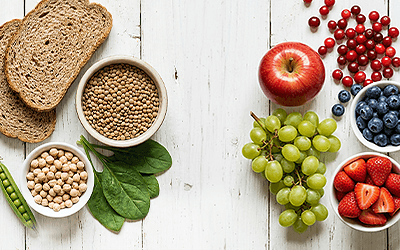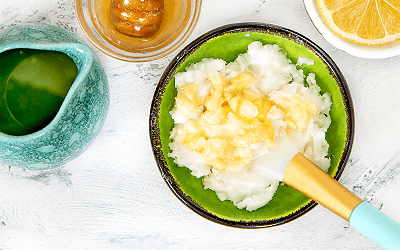The use of herbal infusions, also known as herbal teas or tisanes, dates back thousands of years. Ancient civilizations recognized the healing properties of herbs long before modern science did, and historical records link the consumption of these infusions to traditional medicine systems such as Ayurveda, Unani, and Traditional Chinese Medicine, as well as to indigenous practices worldwide. Keep reading to discover the value of herbal teas, explore the latest research, and learn how to craft a perfect cup to nourish both body and soul!
Herbal Teas: From Folk Remedies to Wellness Trend
Herbal teas, or infusions, boast a variety of beneficial compounds, such as alkaloids, essential oils, polyphenols, and terpenoids.
While today's culture emphasizes the flavors and experiences related to drinking herbal teas, infusions, or tisanes, the roots of these beverages lie in ancient rituals aimed at promoting health and well-being. Modern science has revealed that herbal infusions are rich in natural compounds with valuable healing properties, including antioxidant and anti-inflammatory effects. Moreover, drinking herbal teas has been associated with an increased level of daily activity among elderly people.1 Once dissolved in warm water, the active compounds in herbs are more easily absorbed and can serve as an alternative aid in treating a wide variety of health problems, such as the common cold, sleep disorders, indigestion, menstrual discomfort, diabetes, joint pain, and more.
TRADITIONAL TEAS ARE VARIANTS OF THE LEAVES OF THE TEA PLANT (CAMELLIA SINENSIS), WHILE HERBAL TEAS, INFUSIONS, OR TISANES DO NOT CONTAIN TEA PLANT LEAVES.
Types of Herbal Teas
Herbals blends often include dried fruits and spices to enhance their flavor and health benefits.
According to their particular benefits to human health, these are the most common types of herbal teas:
Energizing Herbal Teas
Besides their natural antioxidant capacity, many herbs, widely known as adaptogens, have energizing properties that can relieve fatigue and stress. It is thought that these herbs influence adrenal function and help regulate stress mediators, such as cortisol and nitric oxide.2 Good options for a quick pick-me-up herbal tea are ashwagandha, basil, ginger, ginseng, maca, and rhodiola, all of which can be taken alone or blended for a more potent effect.
Relaxing Herbal Teas
Herbal teas have been sipped for centuries to soothe the nerves and calm down the mind. Nowadays, scientists have discovered that certain botanical compounds, called nervine relaxants, can reduce the activity of the nervous system.3 Chamomile's sedative nature is related to the flavonoid apigenin, which is thought to bind with benzodiazepine receptors in the brain, inducing sleepiness. A combination of polyphenolic compounds is believed to be behind lemon balm's sedative properties, whereas valerenic acid is primarily responsible for the well-known soothing effects of the valerian root. Other herbs with calming properties include lemongrass, lemon verbena, linden and passion flower. Enjoying a relaxing tea before going to bed will clear your mind and ensure a deep rest!
Medicinal Herbal Teas
People commonly use warm tisanes to relieve a variety of symptoms, from indigestion and headaches to seasonal viruses. There's an herbal tea for virtually every health condition. Herbs with anti-inflammatory, analgesic, and antiviral properties are preferred for medicinal purposes, including cat's claw, devil's claw, and nettle for joint pain; eucalyptus and osha to clear the airways; feverfew for reducing fever and pain; muña and spearmint as digestive aids; oregano, rue, and matico for menstrual cramps; and stonebreaker for eliminating and preventing kidney stones.
Functional Herbal Teas
With a holistic approach to well-being, functional teas offer health benefits that go beyond basic hydration and taste. Everyone can sip the benefits of functional teas as a natural way to enhance their health and protect their body from disease. All of the above-mentioned herbs can be included in this category when taken for preventative purposes; however, there are many that specifically protect and enhance organ function: boldo, dandelion, chicory, and milk thistle promote liver function; angelica, goldenrod, and horsetail help flush excess of fluids through the urine; moringa can prevent and reduce systemic inflammation that leads to chronic conditions; and echinacea, ginger, and soursop strengthen the immune system and protect against diseases.
Safety of Herbal Teas
Herbal infusions are rich in beneficial compounds but also contain anti-nutrients, which are natural chemicals that inhibit proper absorption and reduce the bioavailability of proteins and some essential minerals, such as iron and zinc. To minimize the effects of these anti-nutrients, it is advisable to take herbal teas before or between meals. In the Ayurveda tradition, most medicinal concoctions are prescribed to be taken first time in the morning, before breakfast. However, these recommendations may vary depending on the purpose. For example, carminative herbs, such as chamomile, are better taken immediately after meals to ease digestion, control sugar spikes, and improve cholesterol levels. On the other hand, excessive consumption of herbal teas may be counterproductive, as they can have negative effects, causing an upset stomach, nausea, and even liver damage. One to three cups a day have been shown to produce optimal results.4
Consult to your doctor before consuming medicinal teas, as some herbs may interact with prescription medications.
How to Craft a Perfect Cup of Herbal Tea
Preparing herbal teas is a very simple process:
- Bring one cup of water to a boil.
- Pour the boiling water into a cup with one teaspoon of dried herb or two teaspoons of fresh leaves.
- Let it steep for 5 to 15 minutes and then strain.
Herbal teas are usually enjoyed warm, but they can also be taken cold without losing their health benefits, like this refreshing nettle tea mojito mocktail, ideal for a summer day.
Tea Bag or Loose Leaf?
This is a common debate among herbal tea lovers, and the jury is still out when it comes to choosing a winner.
A good sign of quality in tea bags is often the price. Tea bags most commonly contain pieces of the root or upper parts of the herb, usually leaves, a few twigs, and some dust. However, the porous material of tea bags may hinder the extraction of beneficial compounds into the water, and even contaminate it with microplastics.5 As such, look for ecofriendly, biodegradable materials. In addition, there's a good chance that tea bags have been stored for a long time before being used, losing not only fragrance and flavor but also the potency of their bioactive compounds. Be sure to check the dates of packing and expiration in the label.
Loose leaves, on the other hand, are of better quality compared to the contents of tea bags, since they undergo a much more careful process of selection and are dried in a way that not only preserves the integrity of every leaf, substantially reducing the amount of twigs and dust, but also enhances the bioavailability of their compounds. Loose leaf herbs are usually fresher and maintain their flavor, fragrance, and medicinal properties for a long time when properly stored away from light, in a dry environment.
Herbal teas have been around for a long time for good reasons; they are not only soothing and act as digestive aids but also provide a natural way to prevent and manage a wide variety of health conditions. In short, sipping herbal infusions may be a key factor in living longer and maintaining optimal health!
Sources
- American College of Healthcare Sciences, Preparing Herbal Teas
- Central Council for Research in Unani Medicine, Health Promoting Unani Medicinal Plants
- Cornell University, The Story of Teas
- Frontiers in Nutrition, A comparative review on the anti-nutritional factors of herbal tea concoctions and their reduction strategies, 2022
- Herbal Medicine: Biomolecular and Clinical Aspects, 2nd edition, Chapter 12, Health Benefits of Tea
- Journal of Traditional and Complementary Medicine, Herbal beverages: Bioactive compounds and their role in disease risk reduction - A review, 2018
- Nutrients, Herbal Infusions as a Valuable Functional Food, 2021
Footnotes
- Nutrients. (2023). Association of Drinking Herbal Tea with Activities of Daily Living among Elderly: A Latent Class Analysis. Retrieved August 26, 2024, from: https://www.ncbi.nlm.nih.gov/pmc/articles/PMC10305550/
- Pharmaceuticals (Basel). (2010). Effects of Adaptogens on the Central Nervous System and the Molecular Mechanisms Associated with Their Stress—Protective Activity. Retrieved August 26, 2024, from: https://www.ncbi.nlm.nih.gov/pmc/articles/PMC3991026/
- U.S. Department of Veteran Affairs. (n/d). Botanical Medicines to Support Healthy Sleep and Rest. Retrieved August 26, 2024, from: https://www.va.gov/WHOLEHEALTHLIBRARY/docs/Botanical-Medicines-to-Support-Healthy-Sleep-and-Rest.pdf
- Nutrition & Food Science. (2020). Herbal infusions and health: A review of findings from human studies, mechanisms and future research directions. Retrieved August 26, 2024, from: https://www.emerald.com/insight/content/doi/10.1108/NFS-08-2019-0263/full/html
- International Journal of Surgery. (2023). Health risks posed by microplastics in tea bags: microplastic pollution – a truly global problem. Retrieved August 27, 2024, from: https://www.ncbi.nlm.nih.gov/pmc/articles/PMC10389239/

